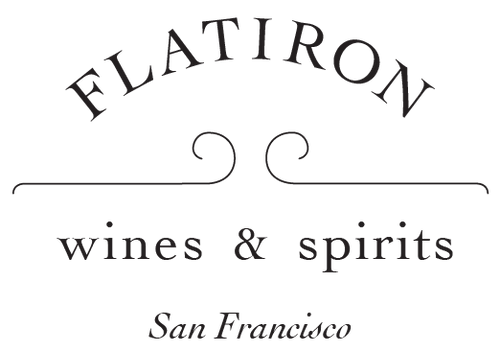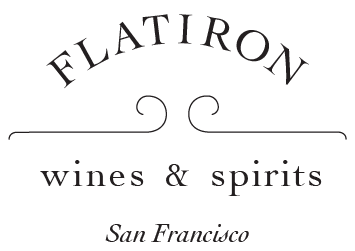Weingut Keller
Weingut Keller might just be the greatest German winemaker ever, at least for dry wines. He single handedly flipped the fortune of his country's most maligned region, Rheinhessen, from backwater to most sought after real... Read More
Weingut Keller might just be the greatest German winemaker ever, at least for dry wines. He single handedly flipped the fortune of his country's most maligned region, Rheinhessen, from backwater to most sought after real estate.
Like Egon Muller of the Saar (Germany's greatest sweet winemaker), his top bottles are near-impossible to find and can be prohibitively expensive. But unlike Egon, John Peter Keller continues to bottle a line up of affordable and (for now) get-able bottles for the rest of us.
Keller's wines are often compared to those of Burgundy, with Jancis Robinson, going so far as to call them "the German Montrachet." Grape varieties aside, the comparison is apt whether describing the gently sloping, east facing hills, or Keller's monk-like obsession with understanding every nuance of his vineyards. But it's the limestone in those vineyards that really fuses the connection and sets the wines apart from the rest of Germany.
Their limestone-y-ness affects the aromatics, and these are a little more floral and a little less peach-fruity than you find in the slate-ridden Mosel. But mostly, the limestone is something that lurks beneath, like a node of power that holds the wine together in a ball of tension, ready to unravel in the cellar or in the glass.





